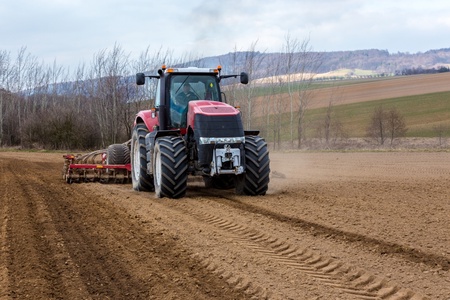A new project involving researchers from the University of Aberdeen has been awarded more than £2.5 million for research that will make a significant contribution to the national strategy for reaching net zero by 2050.
The project will be led by the University of Gloucestershire and Cranfield University in collaboration with The University of Aberdeen, Scotland’s Rural College, Harper Adams University and three major greenhouse gas accounting companies – AgreCalc, Farm-Carbon-Toolkit and the Cool Farm Alliance, and Savills natural capital team.
The three-year project – ‘To Zero Fifty’ Greenhouse Gas Accounting Living Lab which is part of the LUNZ Programme – will develop a common accounting framework for the UK farming and food sector to measure and reduce greenhouse gas emissions.
Reaching net zero, which means achieving a balance between the amount of greenhouse gas (GHG) that is produced and the amount that is removed from the atmosphere, will require large-scale changes in the way land is used. This includes changes to farm businesses.
There are multiple tools available to help farmers measure how many emissions and greenhouse gases they are producing and emitting into the atmosphere (GHG accounting), but their number and inconsistencies between them can cause issues.
Dr Sylvia Vetter from the University of Aberdeen’s School of Biological Science said: “I am really excited to be working on this project. My role will be to lead the work on evaluation in regard to the use of carbon calculators and assessing future trends in farm level emissions. I look forward to collaborating with my colleagues on the consortium and doing our bit towards the extremely important goal of reaching net zero by 2050.”
This grant is co-funded by UKRI, Defra, DESNZ, and has been co-designed with Department of Agriculture, Environment and Rural Affairs (DAERA), Welsh Government and Scottish Government.
It is part of the ‘Transforming land use for net zero, nature and people (LUNZ)’ programme which aims to mobilise and support research that works in partnership with government and industry to tackle net zero through action in the UK land sectors.


